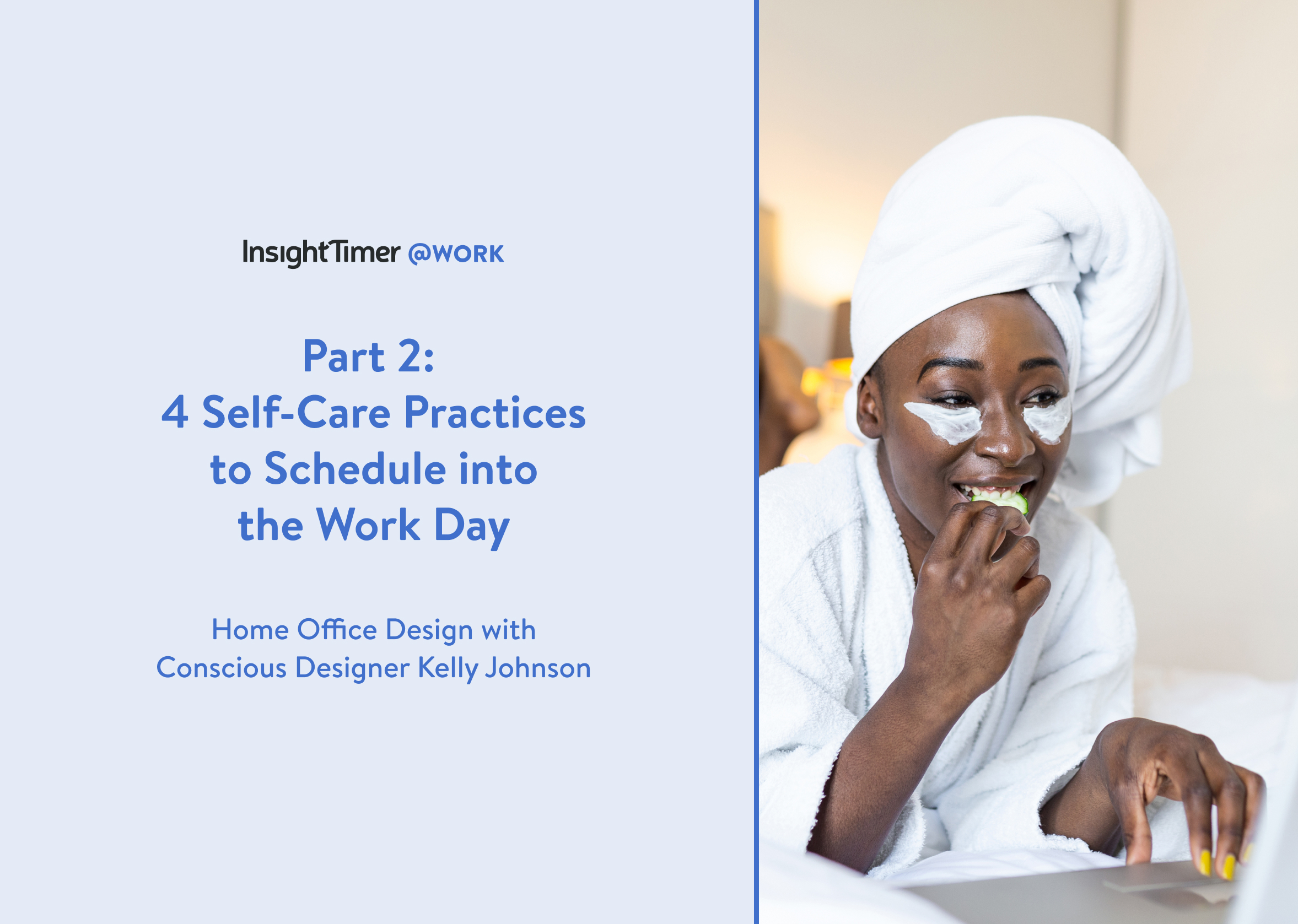We need stress like we need sleep.
Really. Stress gets a bad rap, but the truth is that if we want to perform well, we need adrenaline to speed up our actions, reactions and decision-making. The key is to have just the right amount of stress to create the right amount of energy.
Good-Stress vs. Bad-Stress
Similar to sleep, the amount of stress needed for performance varies by individual. The Yerkes-Dodson Performance Curve from 1908, created by Psychologists Robert Yerkes and John Dodson, shows the ‘sweet spot’ between stress and human performance. Having just the right amount of stress, known as ‘eustress’, can optimize your performance. However too much stress causes nervousness and is known as ‘distress.’
This same phenomenon is true in the workplace. When too laid back, the work won’t get done, or won’t get done well. When too stressed, performance will suffer because the nervous energy won’t allow the mind to focus. And if this is happening too often, it could turn into long-term performance-anxiety.
Stress vs. Anxiety
There is a technical difference between stress and anxiety. Stress is an immediate reaction to a stimulus that physically affects the body by releasing adrenaline and stress hormones like cortisol into the bloodstream. Anxiety is when the stress doesn’t go away after the event, lingering in a heightened state of fight or flight.
Let’s say your boss calls and complains about the quality of your work on a project, so the stress kicks into overdrive and you rush to redo the work. If there’s a lingering fear that the boss will constantly complain about the quality of your work, it can turn into performance-anxiety, where the stress won’t go away. This can leave you in a constant, unhealthy state of heightened energy that can continually cause the work to suffer (thus causing the boss to complain more… a vicious cycle).
Finding the Performance Sweet Spot
The key to staying in the performance sweet spot is to keep your energy levels balanced throughout the day. Try these tips to start:
- Ensure that you’re eating healthily, exercising and getting the right amount of sleep
- Keep an energy log to determine the times/conditions when you are in the sweet spot
- Block out prime performance times to accomplish the most important work or hold the most important meetings
- Use music to either energize or center throughout your day (instrumental music works best so the lyrics don’t distract)
- Practice Yoga, Tai Chi, Qigong and other mental/physical wellness activities
- Use mindfulness practices to regulate the autonomic nervous system
Neuroscientist, Dr. Rick Hanson, provides a detailed explanation of how the nervous system is affected by stress. And his meditations on Insight Timer provide simple mindfulness practices in order to release tension and prepare the mind to work with greater clarity and focus.
Energy is the fuel that feeds our body in order to accomplish goals and make meaningful progress at work and in life. Using these skills to keep your mind and body in the performance sweet spot will help you to work well, and be well at work.
Read more: Dr. Jud Brewer defines the difference Between Stress and Anxiety








